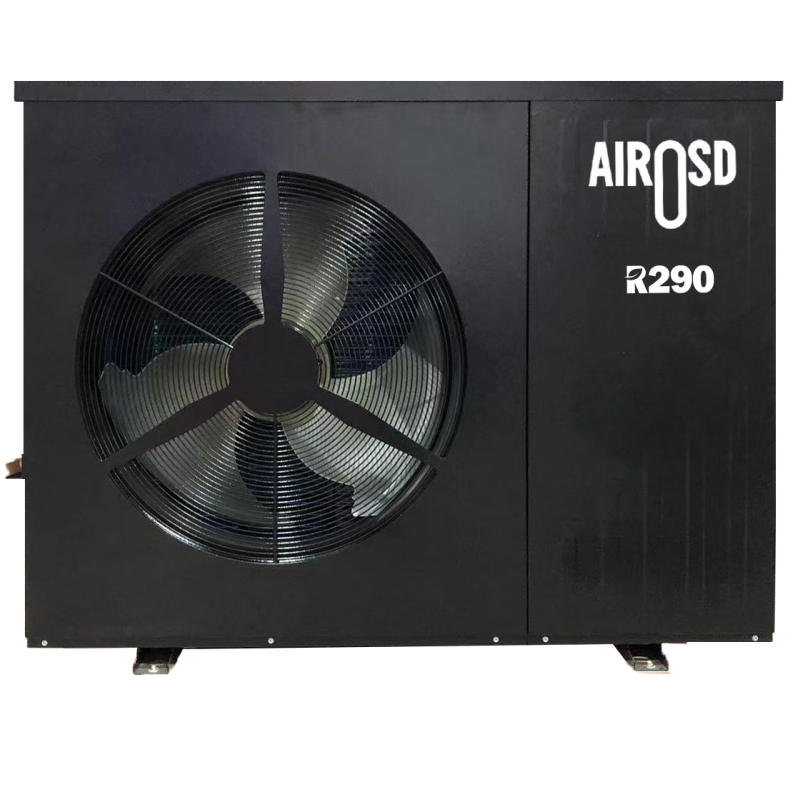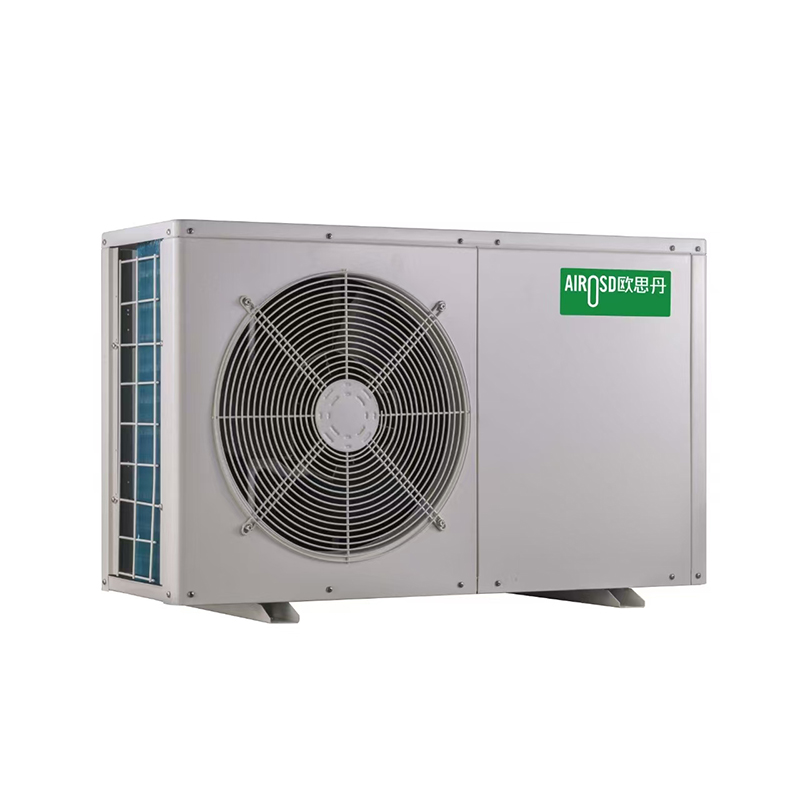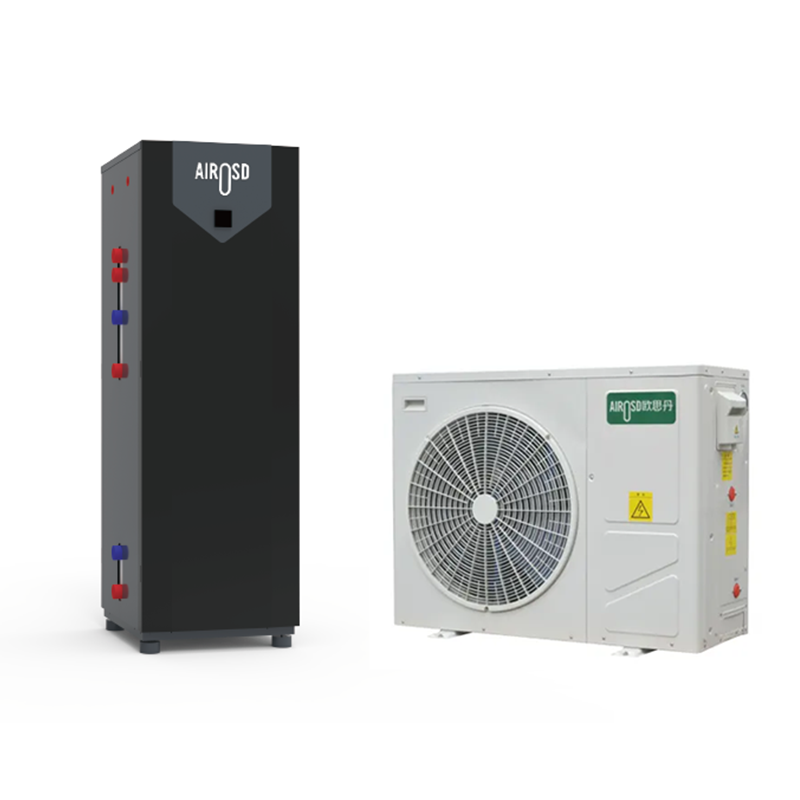Heat Pumps for Residential Use
Efficient Comfort for Every Home
As more homeowners look for smart, sustainable solutions to heat and cool their homes, heat pumps for residential use have become increasingly popular. These systems offer year-round comfort and significant energy savings, making them an ideal choice for families seeking efficient climate control. Whether you live in a warm or cold region, there are options to suit your needs—including high temperature heat pump models and solutions like the air source heat pump combined with solar panels.
Everyday Applications in the Home
The versatility of heat pumps for residential use makes them suitable for a wide range of settings. You can use a high temperature heat pump for traditional radiator systems that require water heated to higher degrees, which is perfect for older homes that don't use modern underfloor heating. Meanwhile, the air source heat pump combined with solar panels is ideal for families looking to minimize electricity costs and use more renewable energy.
In colder regions, an air source heat pump cold climate system ensures that your home stays warm even when temperatures drop significantly. These units are specially designed to draw heat from the air even in freezing weather, making them a reliable solution for northern households. An inverter heat pump system further enhances performance by adjusting the compressor speed based on your home’s actual heating or cooling demand, leading to more consistent temperatures and lower energy bills.
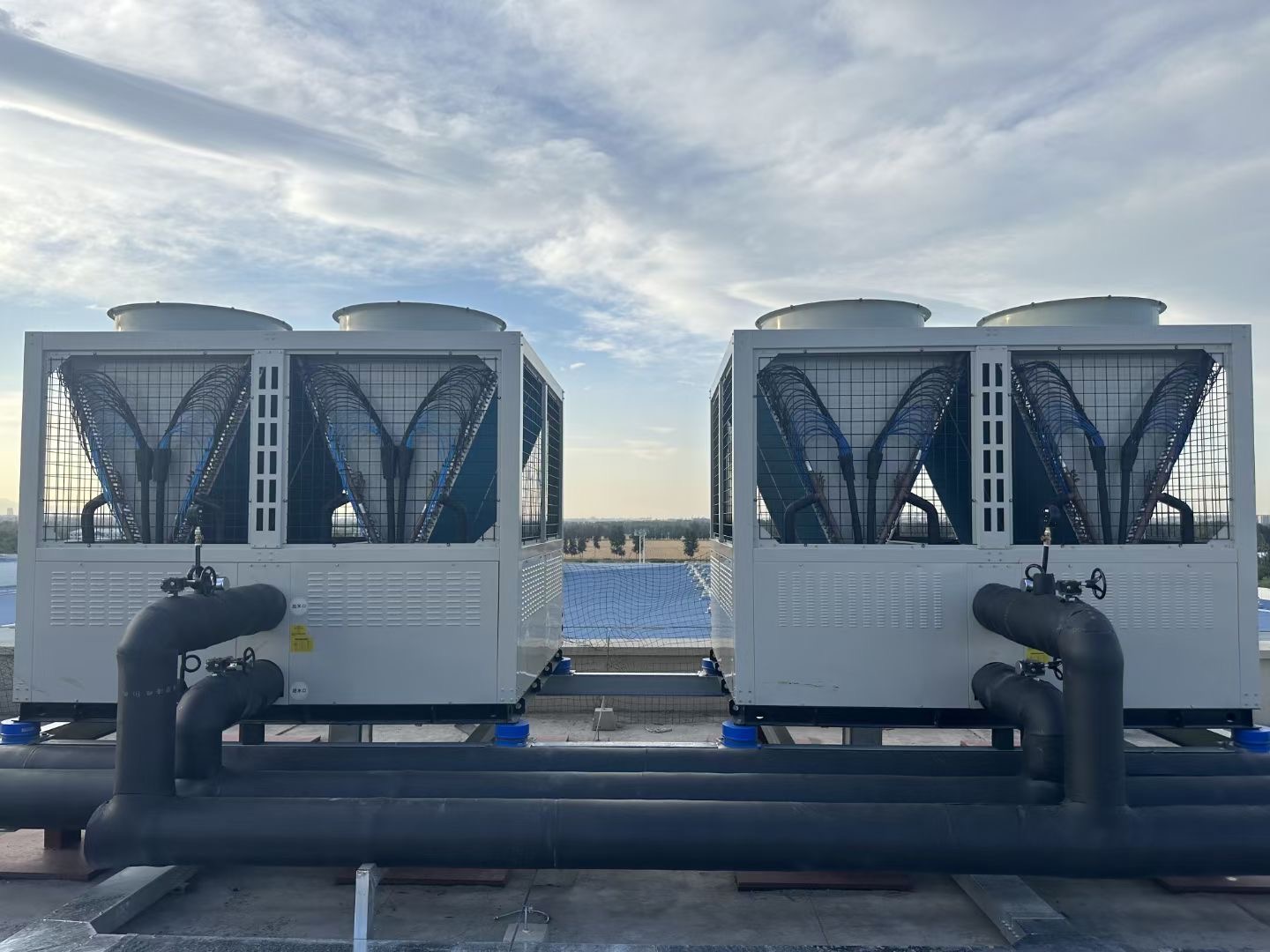
Energy-Saving Benefits
The main reason many people choose heat pumps for residential use is energy efficiency. Unlike traditional furnaces or air conditioners that generate heat or cold from scratch, heat pumps for residential use move existing heat. This makes them up to three times more efficient than conventional systems. A high temperature heat pump also maintains efficiency at higher output levels, meaning it uses less energy to reach higher temperatures.
Pairing an air source heat pump combined with solar panels allows households to generate their own power, cutting utility costs even further. When solar energy is available, the air source heat pump combined with solar panels uses it to run, reducing reliance on the grid. On cloudy days, it switches back to standard power—automatically and smoothly.
Cold climate? No problem. The air source heat pump cold climate design includes enhanced compressors, defrost controls, and refrigerants that perform even in sub-zero weather. Combining that with an inverter heat pump system ensures optimal efficiency, as it avoids sudden energy spikes by working gradually and intelligently.
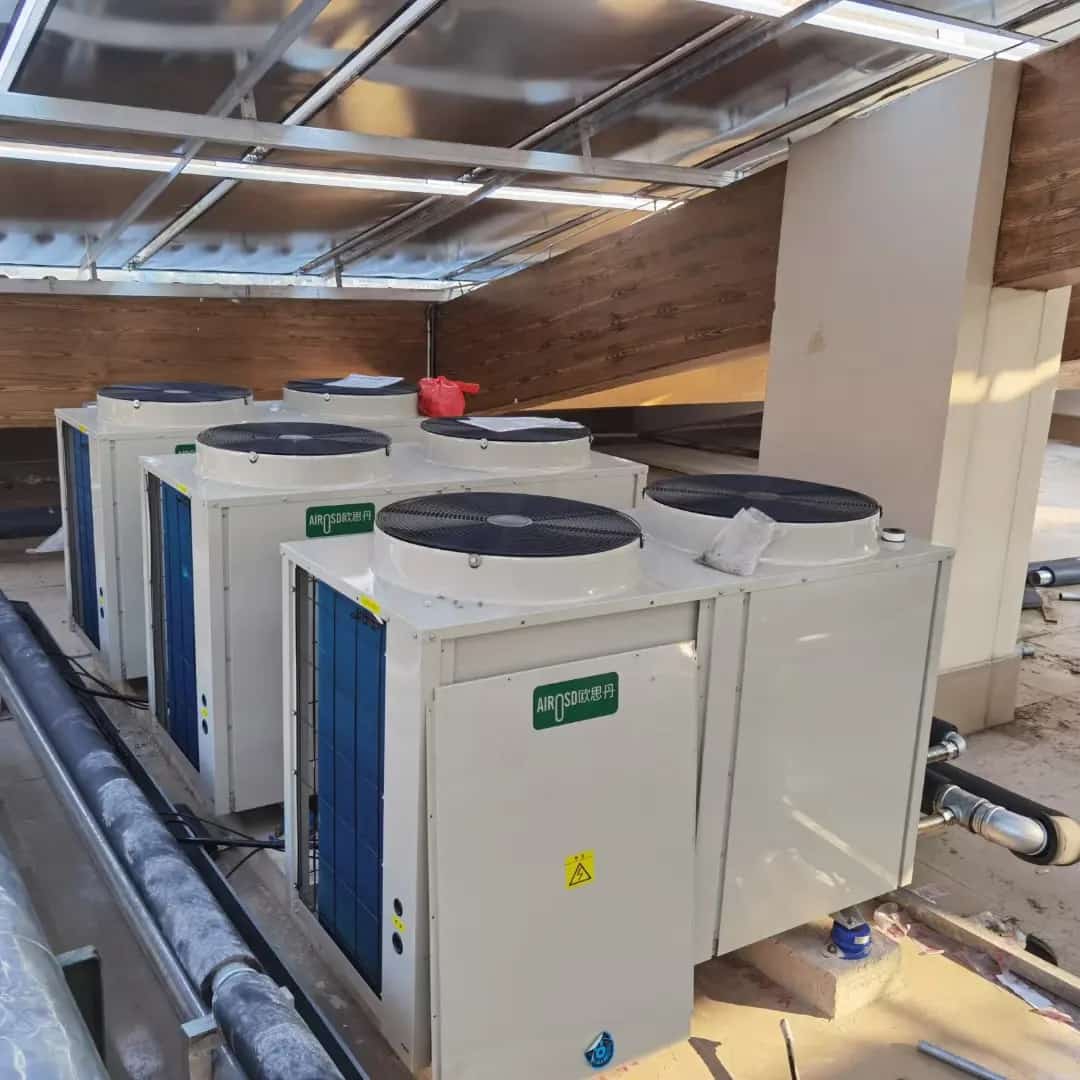
Looking Toward the Future
The future of heat pumps for residential use is bright. With rising energy costs and growing environmental awareness, more families are investing in long-term solutions like the air source heat pump combined with solar panels. These setups not only lower monthly bills but also add value to your home.
As technology evolves, inverter heat pump system designs will become even smarter, capable of learning your family’s habits and adjusting output accordingly. We can also expect air source heat pump cold climate models to become more compact and powerful, making them suitable for more extreme weather conditions.
The high temperature heat pump is also advancing. New models are capable of reaching temperatures over 80°C efficiently, opening doors for integration into older heating systems without needing full renovations.
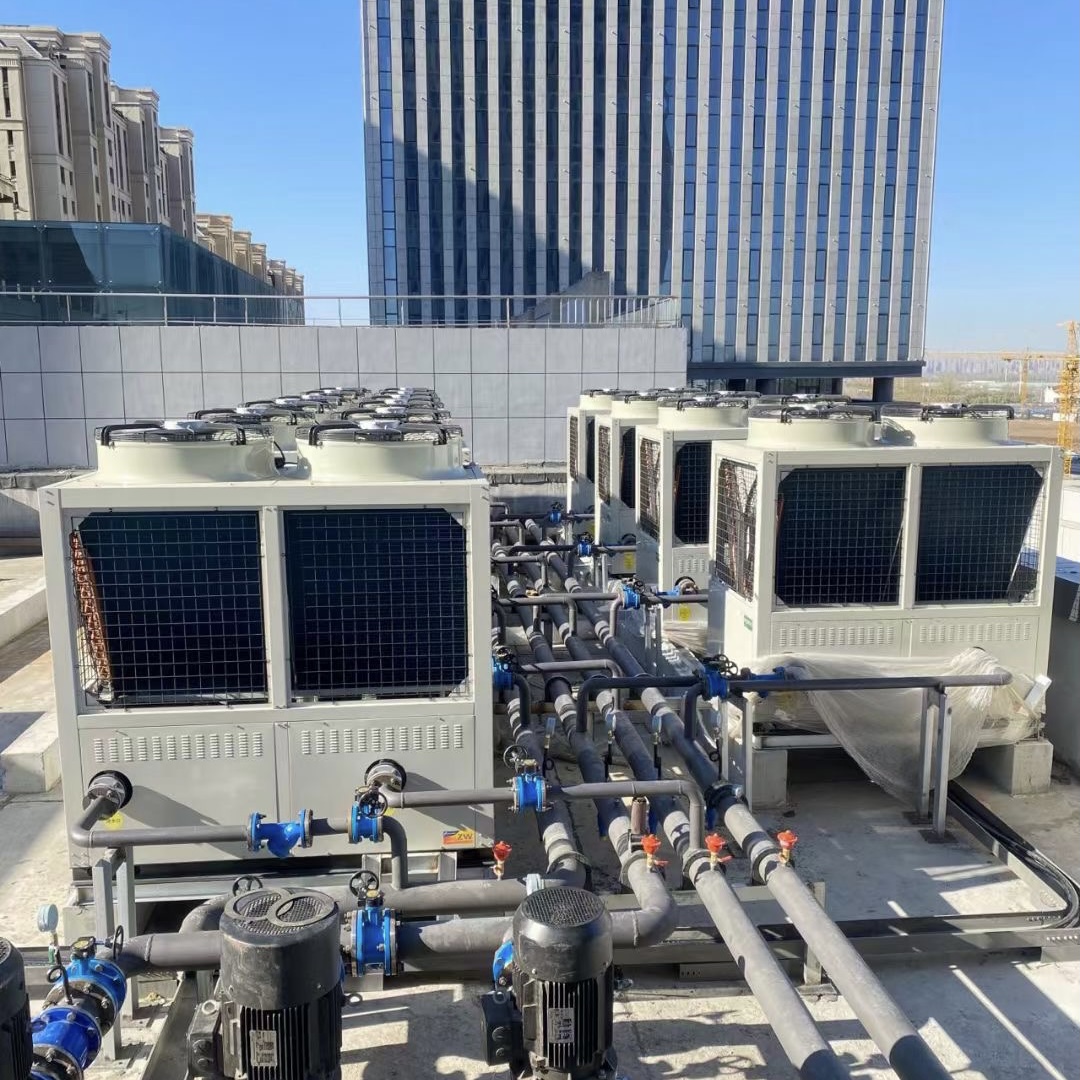
In conclusion, heat pumps for residential use are no longer a luxury—they’re a practical, energy-saving choice for everyday families. Whether you’re upgrading your old boiler or building a sustainable new home, there’s a solution that fits your lifestyle. From the smart and flexible inverter heat pump system, to the eco-friendly air source heat pump combined with solar panels, and the robust air source heat pump cold climate units, heat pumps offer comfort, efficiency, and peace of mind for years to come.


